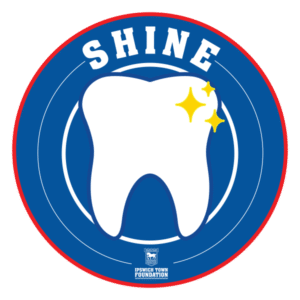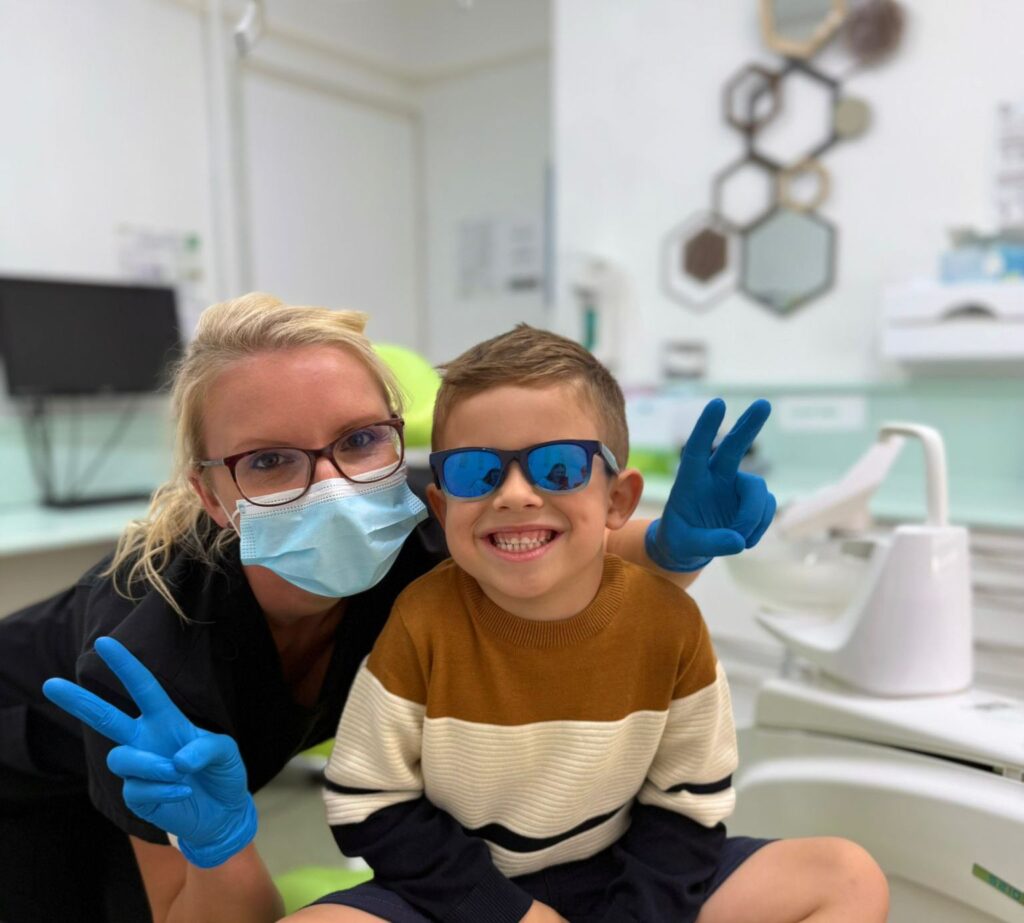27 High Street
- Ipswich
- IP1 3QH
Lighthouse Dental Practice is a welcoming, community-focused dental practice based in Ipswich, dedicated to providing high-quality, compassionate care to individuals and families of all ages.
Our team is driven by a shared commitment to patient care, integrity, family values, and social responsibility. We take pride in supporting the wellbeing of our community through clinical excellence, public engagement, and charitable initiatives. Our vision is to promote not only excellent oral health, but also confidence, dignity, and lifelong wellbeing for every person we serve.
Our approach centres on prevention, as we believe that preventing dental issues is always better than treating them later. Through personalised care and clear guidance, we help patients maintain long-term oral health and minimise the need for future treatment. When treatment is required, we deliver it with the utmost care and to the highest professional standards. We prioritise patient comfort, offering a calm, respectful, and reassuring environment where individuals feel listened to and supported.
Open communication is encouraged so we can tailor our care to meet each patient’s unique needs. All treatments are delivered in a safe, professional setting, with appropriate guarantees provided where possible. At Lighthouse Dental Practice, we believe that healthy habits start early.
That’s why we are proud to partner with the Ipswich Town Foundation, its inspiring SHINE initiative, and local schools to promote oral health education through fun, age-appropriate, and engaging activities. These interactive sessions aim to equip children and families with the knowledge and tools needed to maintain good oral hygiene, make healthy choices, and understand the importance of regular dental check-ups.

All children under 18 receive completely free NHS dental care, no registration required, and parents don’t need to be NHS patients themselves. This includes all examinations, preventive treatments, necessary treatments, and emergency care.
Schedule your child’s first dental visit when their first teeth appear or before 12 months old, following the NHS “Dental Check by One” campaign. This early introduction allows familiarisation with the environment and professional guidance on home care techniques.
Children require more frequent check-ups than adults – usually every 3-12 months, depending on individual risk factors, compared to adults who may wait up to 2 years. Higher-risk children with previous decay, medical conditions, or special needs may need 3-6 monthly visits.

Standard paediatric check-ups include visual examination of teeth, gums, and mouth development, assessment of bite and jaw growth, and discussion of diet and oral hygiene habits. Preventive treatments like fluoride varnish application (from age 3) and fissure sealants (when permanent molars emerge) are provided as standard NHS care. You can find more information on the NHS website.
Pre-visit preparation includes explaining visits in simple, positive terms using resources like the stories that can be found within our educational materials for children. Never use dental visits as threats – this creates lifelong anxiety and avoidance behaviours.
Visit day strategies include arriving early to reduce rushing and stress, bringing small comfort items, using positive reinforcement language, for example, things like “The dentist will check your teeth and help keep them strong and healthy”, and choosing paediatric specialists with additional training in child behaviour management.
Early childhood caries affects up to 85% of children in disadvantaged groups but is entirely preventable through proper feeding practices, oral hygiene, and professional care.
Preventing tooth decay in children is entirely achievable with the right knowledge and consistent daily practices.
Every 10 minutes, a child in England has a tooth removed in hospital due to preventable tooth decay – yet with proper care from infancy, your child can avoid this entirely.

Sugars feed the bacteria in the mouth, which can cause tooth decay. Drinks like juice, fizzy drinks, and flavoured milk, along with sticky treats such as sweets, cling to teeth and create acid that wears away enamel. It’s not just the amount of sugar that matters, but how often your child has it. Frequent snacking gives bacteria more chances to cause damage.
Encouraging your child to drink water (especially fluoridated tap water) is one of the simplest and most powerful ways to protect their teeth. Water rinses away food particles, keeps the mouth hydrated, and strengthens enamel. Offer water throughout the day and make it the main drink at mealtimes.
Certain foods help teeth stay strong. Crunchy fruits and vegetables, like apples, carrots, and celery, naturally clean the teeth as children chew. Dairy products such as cheese and yoghurt provide calcium and vitamin D, which are essential for growing healthy teeth and bones. Nuts, eggs, and lean proteins also support enamel strength and gum health.
Baby Teeth
If baby teeth are kept healthy, adult teeth have a better chance of coming in straight and strong. Cavities and early tooth loss can make it harder for permanent teeth to grow in the right place. Looking after baby teeth today builds healthy habits for life.
Adult Teeth
Excellent children’s oral health is entirely achievable through consistent application of evidence-based practices from infancy through adolescence. The combination of proper daily oral hygiene, smart nutritional choices, appropriate fluoride use, regular professional care, and supportive family environments creates the foundation for lifelong dental health.
Success requires consistency rather than perfection – establishing routines, making gradual improvements, and maintaining positive attitudes toward oral health create lasting habits that serve children throughout their lives. Every family can implement these strategies, with free NHS services providing professional support and guidance tailored to individual needs.
The investment in prevention – both time and attention – pays dividends in avoiding pain, expensive treatments, and the lifelong consequences of childhood dental disease. By following these comprehensive guidelines, families can ensure their children develop strong, healthy teeth and positive associations with oral health care that last a lifetime.

Monday to Friday | 08:30am - 17:30pm (phone rings until 17.30)

Saturday by appointment only

